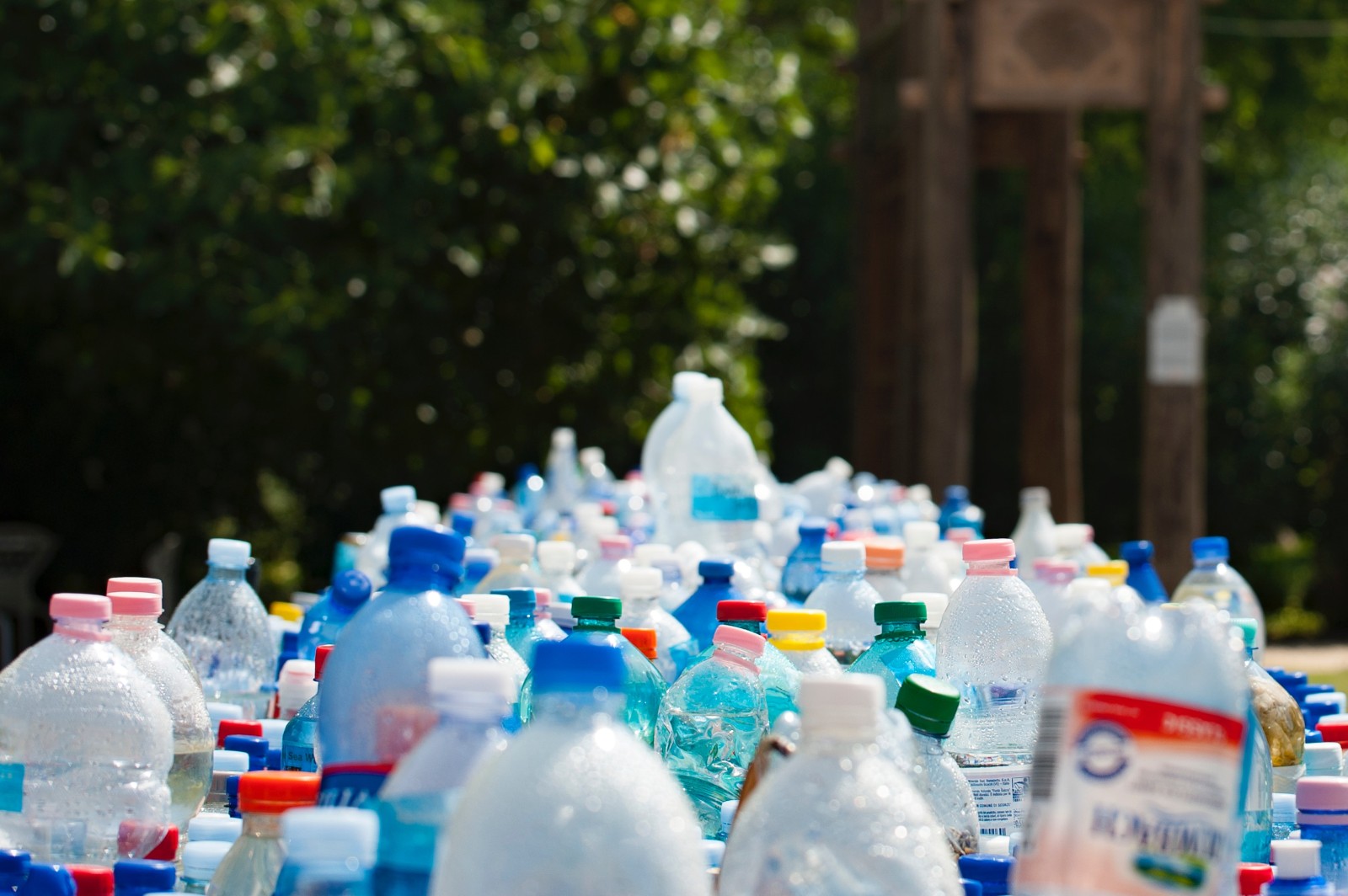Circular economy: EC revisiting role of targets

There is “no point” in ambitious waste and recycling targets “if they only lead to infringements”, according to a senior European Commission official working on the new circular economy policy.
The role of targets needs to be revisited for the new package, said Sabine Weyand, director for policy coordination in the Commission’s powerful secretariat general and head of a cross-departmental steering group on the circular economy.
The more you drive up recycling targets, the higher the risk of lower quality recycled material, Ms Weyand told a briefing organised by the European Policy Centre think tank.
Targets have a role, but so do “economic instruments such as landfill taxes [and] investment projects”, Ms Weyand said.
Policies should be material-specific, Ms Weyand stressed. She sees no role for economy-wide targets or taxes. This means the 30% resource efficiency target proposed by the last Commission is off the table.
Ms Weyand also dismissed the idea of using reduced VAT rates to bolster the circular economy.
Using VAT would not overcome the problem of split incentives between producers and recyclers in product design, she argued. Around 90% of the precious metals in flat screens can be recuperated if they are manually dismantled, but this must be possible in less than 11 minutes for it to be economically viable.
Neither will the Commission mandate longer guarantee periods for electronic devices or introduce requirements for recycled content in products. It is costly and time-consuming for small businesses to navigate the REACH chemicals regulation to recycle plastics with DEHP, which is used as a softener in PVC, Ms Weyand noted.
The Commission can support the circular economy without opening up the basic legislation on ecodesign and energy labelling, Ms Weyand suggested. The Ecodesign Directive is already extending its reach beyond energy, she noted. But energy labelling cannot be exactly replicated for resources, she added.
The Commission is also looking at definitions of recovered and recycled products. There is often a strong case for EU rules here, although there is a huge diversity of products to examine, Ms Weyand said.
The Commission is revisiting the preparatory work for the original circular economy package from July 2014, which was binned last month, as it drafts its new plan. The preparatory work is “a lot richer than the eventual proposal”, Ms Weyand said.
The Commission will publish a roadmap setting out its first ideas for the new package next month. This roadmap will be followed by a public consultation from May to July, including a conference on the matter.
Formal proposals, including a revised waste proposal and a 10-15 point work plan for the Commission for the rest of its mandate, is due at the end of next year.
Many poorer EU countries that will not meet their existing recycling targets for 2020 opposed the ambitious 2030 goals set out in the July 2014 circular economy package, while some richer ones warned that the quality of recycling would be affected.
Source: ENDS Europe

